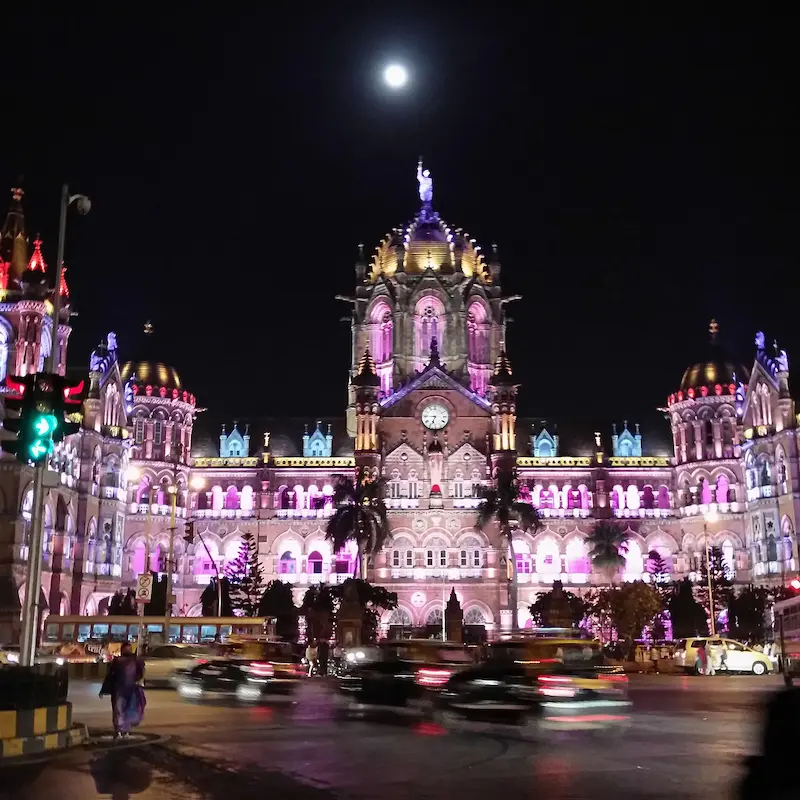
Five Mumbai mosques have taken legal action against what they call a discriminatory crackdown on loudspeakers
Silenced Voices: Mumbai Mosques Challenge Loudspeaker Removals
In a move that has stirred both legal and communal debate, five mosques in Mumbai have filed a petition in the Bombay High Court, alleging that the city police are selectively targeting Muslim places of worship under the guise of enforcing noise pollution norms. The petitioners argue that the removal of loudspeakers and denial of license renewals were carried out without due process, violating their constitutional rights.
Table of Contents
The mosques located in Vikhroli and represented by Senior Advocate Yusuf Muchhala and Advocate Mubin Solkar claim that the police issued notices without specifying dates, times, or decibel levels of the alleged violations under the Noise Pollution (Regulation and Control) Rules, 2000. These vague notices, they argue, were then used to justify arbitrary fines, license terminations, and forced removals of loudspeakers.
The petitioners emphasized that the Azaan, or Islamic call to prayer, is an essential religious practice, especially in a bustling metropolis like Mumbai where loudspeakers are necessary to reach worshippers. They contend that the crackdown is not only procedurally flawed but also motivated by political interests, amounting to hostile discrimination against the Muslim community.
Court Steps In: Legal Scrutiny Over Police Conduct
On July 1, the Bombay High Court issued notices to the Mumbai Police, the Maharashtra government, and the Maharashtra Pollution Control Board (MPCB), demanding a formal response by July 9. The bench, comprising Justices Ravindra Ghuge and Milind Sathaye, directed the authorities to submit relevant records and justify their actions.
The petition also challenges a circular issued on April 11, 2025, by the Additional Director General of Police, which allegedly demanded irrelevant details such as land ownership and structural legality of mosques for license renewals. The petitioners argue that such inquiries are invasive and unconstitutional, violating the right to privacy under Article 21 of the Indian Constitution.
In response to the allegations, Mumbai Police Commissioner Vivek Phansalkar stated that the crackdown was citywide and non-discriminatory, asserting that directional loudspeakers had been removed from all religious structures, not just mosques. However, the petitioners maintain that the implementation has been uneven, with Muslim institutions bearing the brunt of enforcement.
Faith, Rights, and the Politics of Sound
At the heart of this controversy lies a deeper tension between religious expression and civic regulation. While the Supreme Court has previously ruled that use of loudspeakers is not an essential religious practice, it also emphasized that restrictions must be reasonable and uniformly applied.
The petitioners argue that the current enforcement regime fails both tests. They claim that Hindu temples and other non-Muslim religious sites have not faced similar scrutiny, and that the police action appears to be influenced by political campaigns aimed at curbing Muslim visibility in public spaces.
This case also highlights the fragile balance between law and faith in a pluralistic democracy. The Azaan, though brief and regulated, holds profound spiritual significance for millions. Its suppression especially when perceived as selective can deepen communal mistrust and alienation.
Meanwhile, community leaders have met with Deputy Chief Minister Ajit Pawar, seeking assurances that no further coercive action will be taken without proper legal procedure. Pawar reportedly assured them of a fair review, though no formal policy reversal has been announced.
Conclusion:
The Bombay High Court’s intervention offers a crucial opportunity to examine whether law enforcement is being applied equitably or weaponized for political ends. As the July 9 hearing approaches, the case could set a precedent for how India navigates the intersection of religious freedom, civic order, and constitutional rights. For now, the loudspeakers may be silent but the debate is only getting louder.
Stay updated with the latest news on Rapido Updates. Keep yourself updated with The World, India News, Entertainment, Market, Automobile, Gadgets, Sports, and many more